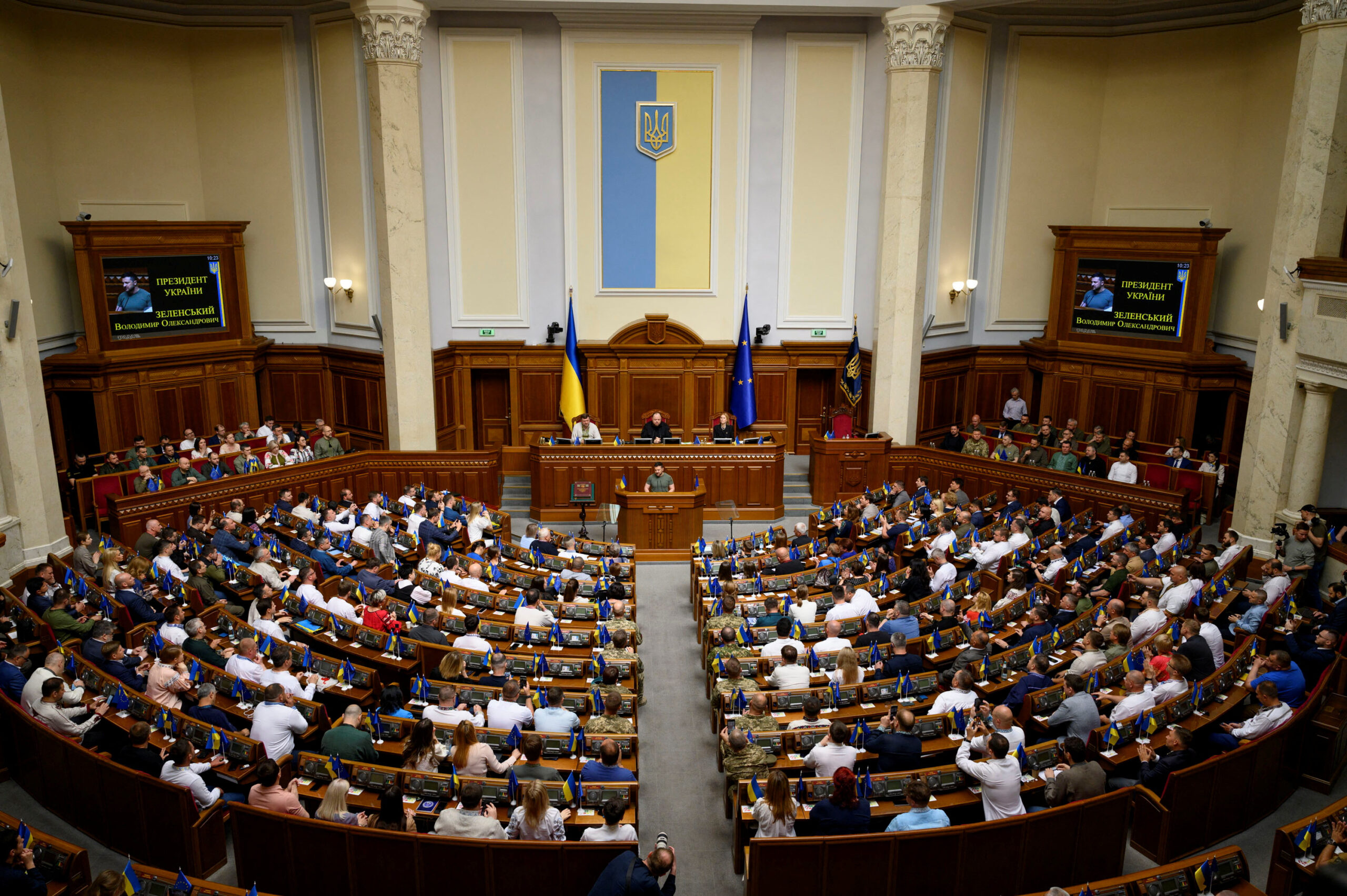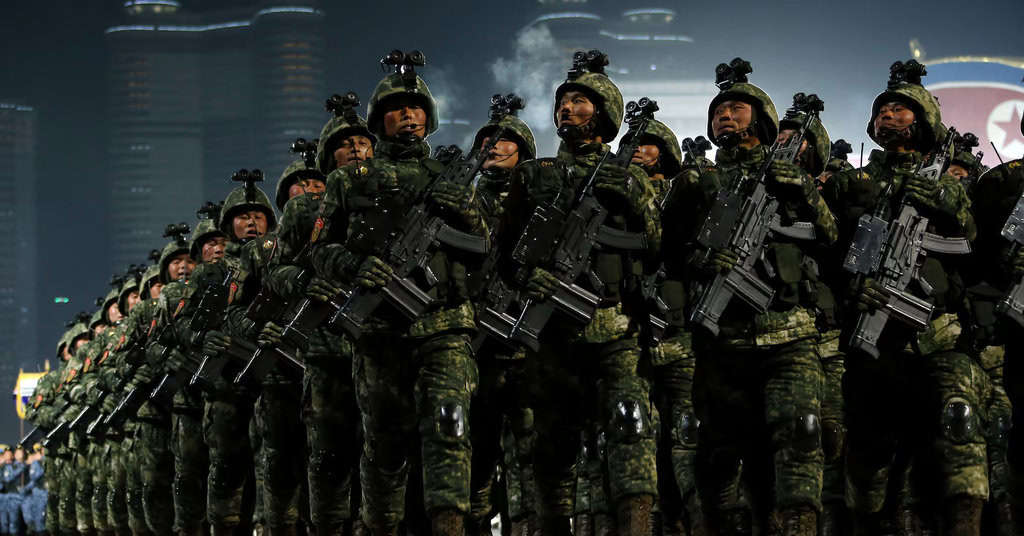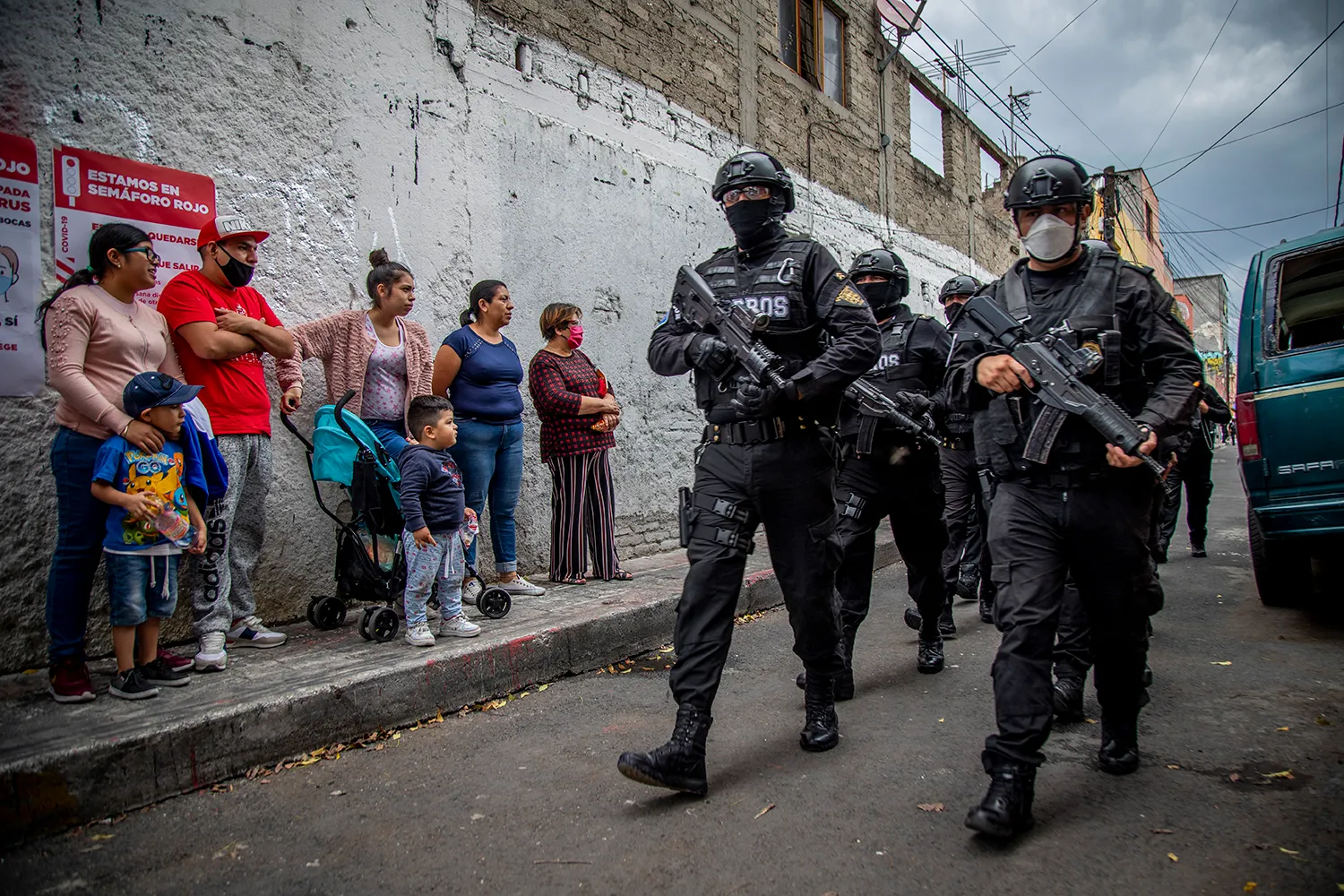In a significant move that underscores Ukraine’s efforts to distance itself from Russia, President Volodymyr Zelenskyy has enacted a new law prohibiting religious organizations associated with Moscow. The law, which was approved by Ukraine’s parliament earlier this month, provides the government with the legal framework to ban activities of the Russia-linked branch of the Orthodox Church. This step marks a historic shift in Ukraine’s relationship with a religious institution that has been accused of supporting Russia’s ongoing aggression.
Strengthening National Security and Sovereignty
The newly signed legislation is seen as a part of Ukraine’s broader strategy to strengthen its national security and sovereignty amid the ongoing war with Russia. Kyiv has long alleged that the Moscow-affiliated branch of the Orthodox Church has played a role in furthering Russian interests and has been complicit in justifying the invasion. By enacting this law, Ukraine aims to diminish Russian influence within its borders, particularly in areas such as religion and culture where ties have historically been strong.
Historical Context and Implications
For centuries, the Orthodox Church has been a cornerstone of spiritual life in Ukraine. However, in recent years, the Moscow-linked branch has become increasingly controversial, especially after Russia’s annexation of Crimea in 2014 and the subsequent war in eastern Ukraine. The new law signals a decisive break from these historical ties, reflecting Ukraine’s desire to assert in its eyes its independence and forge a path free from Russian influence.
Reactions and International Perspectives
The decision to ban Moscow-linked religious organizations has elicited mixed reactions. Some Ukrainians and international observers view it as a necessary measure to protect national interests and prevent any form of collaboration with Russia. Others, however, raise concerns about potential restrictions on religious freedom and the broader implications for Ukraine’s diverse religious landscape.
Internationally, the move has been closely monitored. While some Western countries may view the ban as a justified response to Russian aggression, others could interpret it as an overreach that might set a concerning precedent for religious freedom in the region.
What This Means for the Future
The ban on Moscow-linked religious organizations is likely to have significant implications for the future of religious practice in Ukraine. It could lead to a reorganization of the religious landscape, with a greater emphasis on promoting religious entities that align more closely with Ukraine’s national interests. Additionally, this action may spur further debates on the role of religion in national identity and security.





